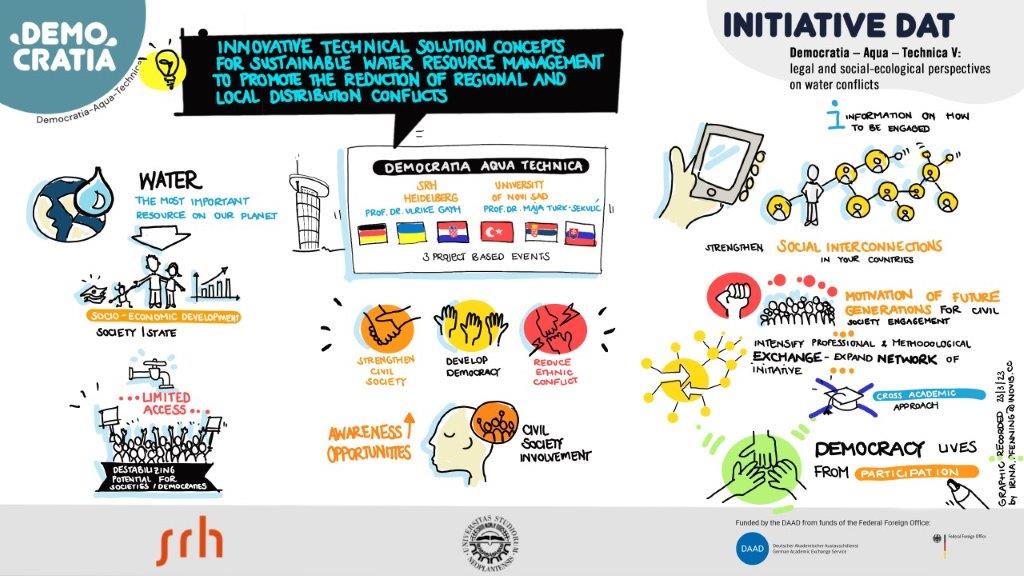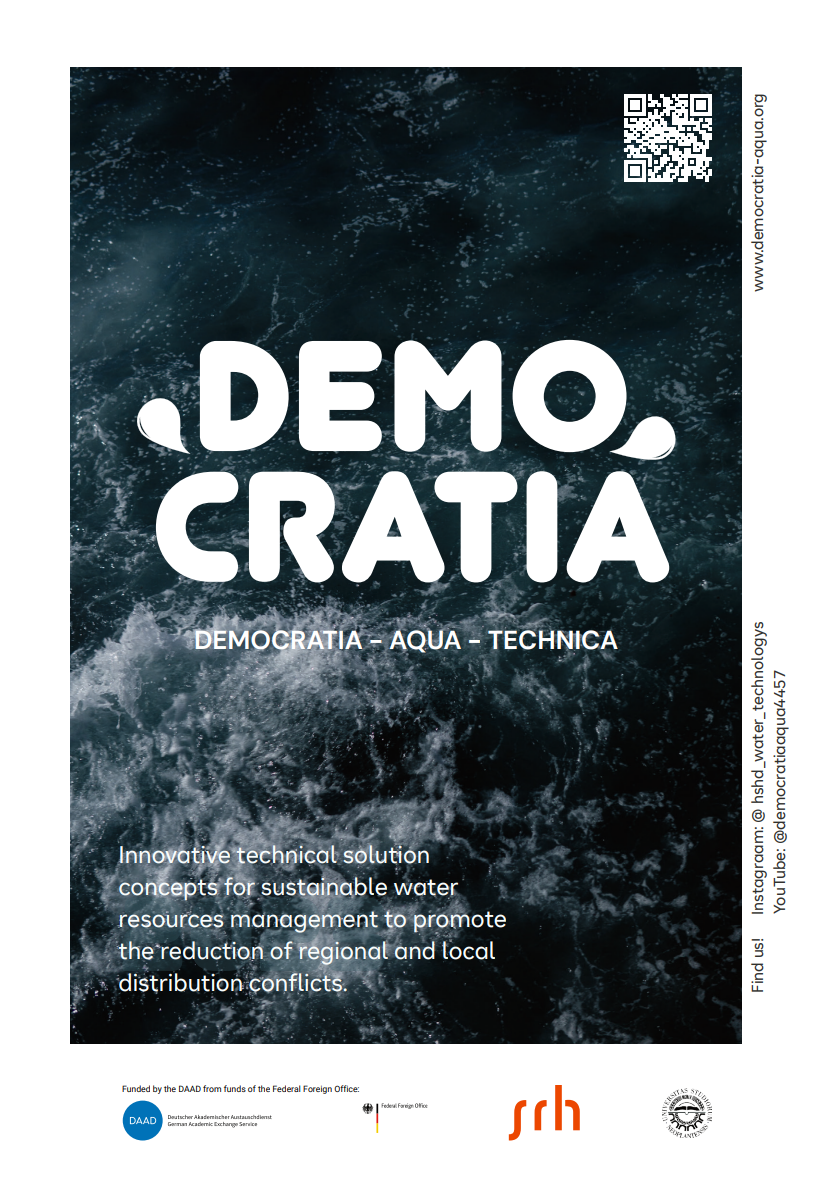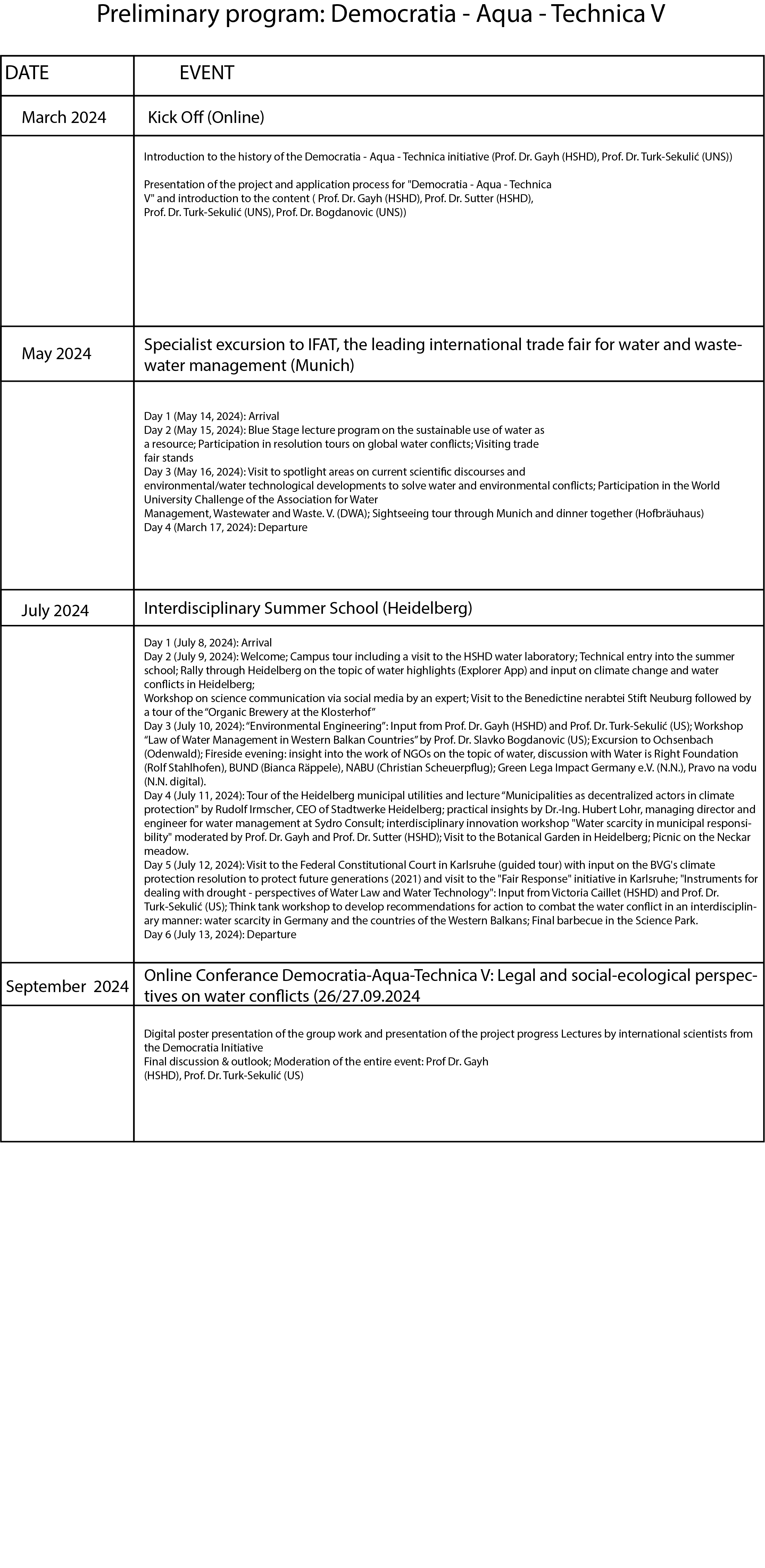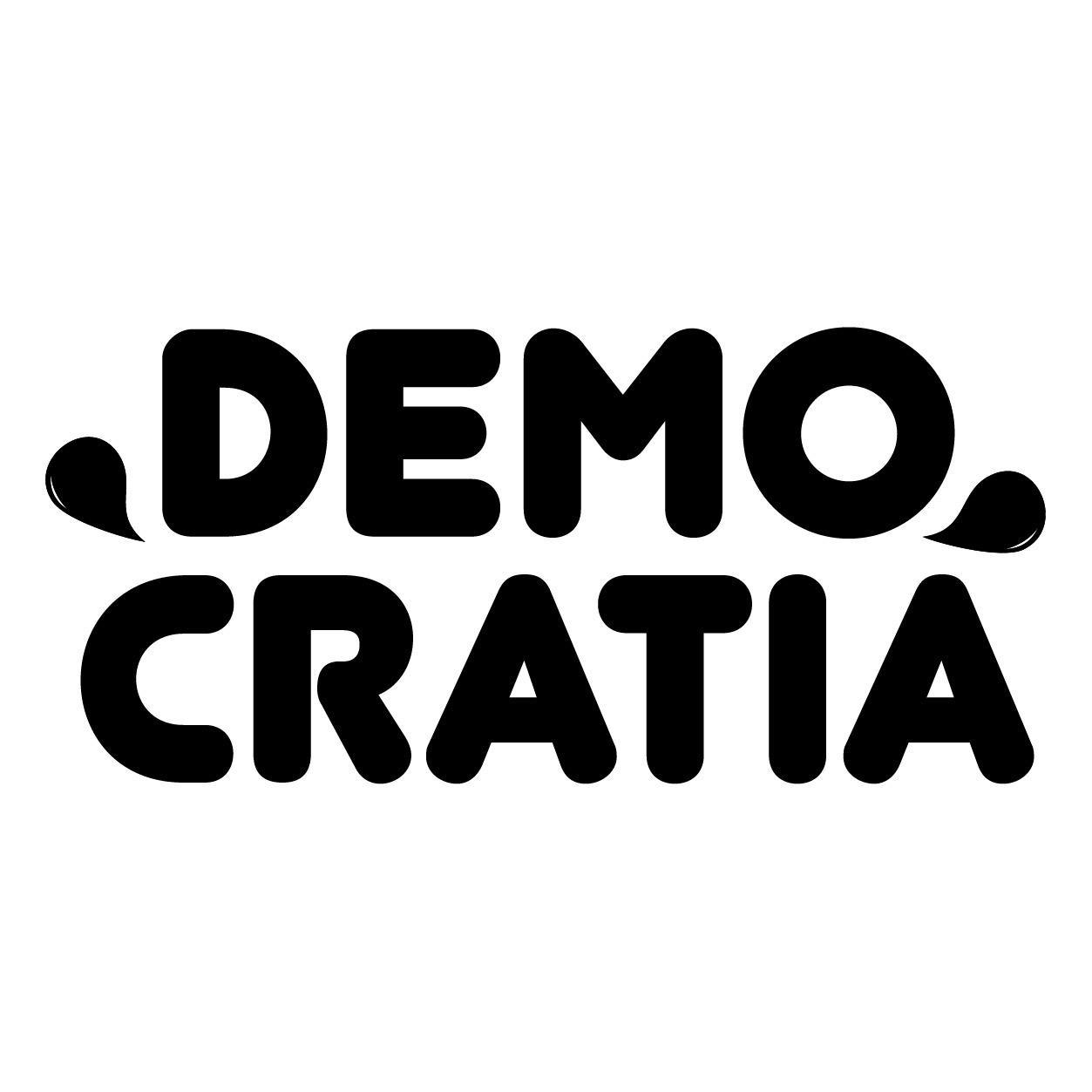
The resource water is fundamental to life on earth and has been a contested commodity for centuries. However, the effects of climate change such as increased extreme weather events or increasing pollution of water resources reduce the water supply and increase distribution conflicts. The interests of industry, agriculture, private households and environmental protection are sometimes opposed and can lead to intra-societal conflicts that threaten democratic government and society. In addition, (access to) water is increasingly being used as a means of political pressure, for example in the context of the Russian war of aggression against Ukraine, in which Russia is specifically attacking Ukraine’s water infrastructure. Different approaches to resolving water conflicts, which can be found in technological developments or water partnerships, are therefore urgently needed. This is where the interdisciplinary network Democratia – Aqua – Technica, founded in 2019, is initiated by the HSHD and the UNS. The focus is on the development of innovative technical solution concepts for sustainable water resource management to promote the reduction of regional and local conflicts and the motivation of the “next generation” to engage in civil society. Building on the results of the projects from 2020-2023, the HSHD and the UNS for the following project 2024 focus on the legal and socio-ecological perspective on water conflicts in Germany and the Western Balkans and combine these in an interdisciplinary manner with the findings of (environmental) engineering. National and European legislation on water law, environmental and climate protection, as well as international law, provide legal frameworks that determine the protection of water, as well as water management and management in countries, and can form effective instruments for preventing and defusing water conflicts. In Serbia, the water law passed in 2010 represents a central basis of the legal framework to improve the drinking water supply in the country and expand the inadequate access to wastewater treatment. However, due to, among other things, a lack of specialist knowledge in the responsible authorities and often inefficient water management, there are discrepancies between the legal regulations and their practical implementation. In Germany, on the other hand, there is a lack of uniform regulations on key questions, such as who has priority in water supply in the event of a water shortage. The largest water consumers (industry) also often have decades-long rights to decide how much water they can withdraw from the ground, rivers or lakes, without taking the volatile conditions of climate change into account. Water conflicts between different actors, such as environmental associations and industry, are therefore increasingly being litigated in court – the trend is also increasing internationally. The controversial issues of water pollution and distribution are among the challenges that have been researched in (environmental) engineering for several years and for which (technological) solutions have been developed. The interdisciplinary combination of legal and engineering perspectives makes it possible to develop multi-perspective solutions to water conflicts within the scope of the planned project. The project addresses several of the Sustainable Development Goals (SDGs): Goal 6 (clean drinking water), 13 (climate protection measures), 15 (intact ecosystems), 17 (global partnerships). To develop interdisciplinary solution concepts and recommendations for action for water use conflicts and strengthen international cooperation, four topic-based events are being implemented in the project: an online workshop (kick-off), a specialist excursion, a summer school, and an online conference. During the project, participants research case studies on water conflicts in international groups in interdisciplinary and intercultural exchange (program goals 1, 2). Following a cross-academic approach, the participants include various academic qualification levels (graduates, doctoral students and scientists). The focus will be on participants from the HSHD and the UNS, but the project is also open to participants from partner universities from Turkey (Middle East Technical University (METU), Croatia (Ruđer Bošković Institute), Slovenia (University of Ljubljana) and Ukraine ( Ivan Franko National University Lviv). The project will use and expand the digital tools and platforms established for the project so far (including the network platform (democratic-aqua.org). International, civil society actors will actively participate in the events (program goal 3 ), in addition, different participatory formats of science communication, with a focus on social media, will be used during the project (program goal 4).


